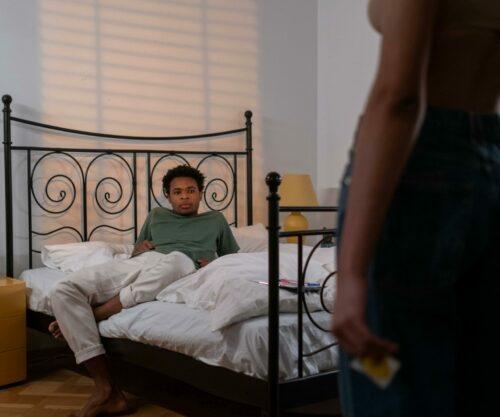
Taking care of our teeth is of utmost importance, they are a big part of our physical appearance. We smile confidently when our teeth are in good shape.
Park Meadows Dental believes that, “while regular dental hygiene is essential for healthy teeth and gums, some daily activities we do might be harmful to our teeth. Some of these habits are subconscious, we do them without thinking they may have serious effects on our teeth, and we may not be well-educated about them.”
Not everything we do for our dental care is good for our teeth. There are things we might think are good to keep our teeth healthy, only to find out that they are doing more harm than good.
Let’s unpack some do’s and don’ts of dental health with the help of Healthline and Smile Concepts Dentistry.
Do’s:
Don’t miss the morning brush: The mouth temperature is 37ºC, it is warm and damp, full of food particles and bacteria. All these inside the mouth result in deposits known as plaques. When it builds up, it hardens on your teeth, becoming tartar, also known as calculus. Tartar irritates your gums, and it can also promote gum disease and poor breath. So be sure to brush in the morning to get rid of the overnight build-up.
Brush twice every day for two minutes: The American Dental Association recommends brushing your teeth for two minutes twice a day. This will keep your teeth in great condition. Brushing your teeth and tongue with a soft bristles toothbrush and fluoride toothpaste removes food and bacteria from your mouth. Brushing also removes particles that wear away at your teeth and cause cavities.
Be sure to floss every day: If you want to prevent minor scraping during your next checkup. Flossing loosens particles that brushing missed can help. It also eliminates plaque, which prevents the formation of tartar.
Change your toothbrush regularly: Replace your toothbrush every three months, or whenever you get a cold, virus, or infection.
Don’ts:
Don’t brush too hard: Use a soft toothbrush with a gentle stroke. If you use an electric toothbrush, you only need to guide the brush rather than apply pressure. Too much or too harsh brushing wears down the enamel on your teeth and damages your gums, causing discomfort.
Brushing side to side: Brushing from side to side might scrape the gums, so avoid doing so. Instead brush in circles, circulating the toothbrush around your teeth.
Don’t rinse: Avoid rinsing after brushing. Simply spit out the toothpaste and let the fluoride remain on your teeth.
Don’t brush immediately after eating: Brush at least 30 minutes after eating, not right away. Acid in meals can soften enamel, so brushing too quickly can damage it. After eating, rinse away any food residue with a glass of water or chew sugarless gum.
Don’t share a toothbrush: Never share a toothbrush with anyone, including family members no matter how much you love them. A toothbrush can spread germs and infections.
Also see: Top 5 highly recommended skincare products from licensed dermatologists




